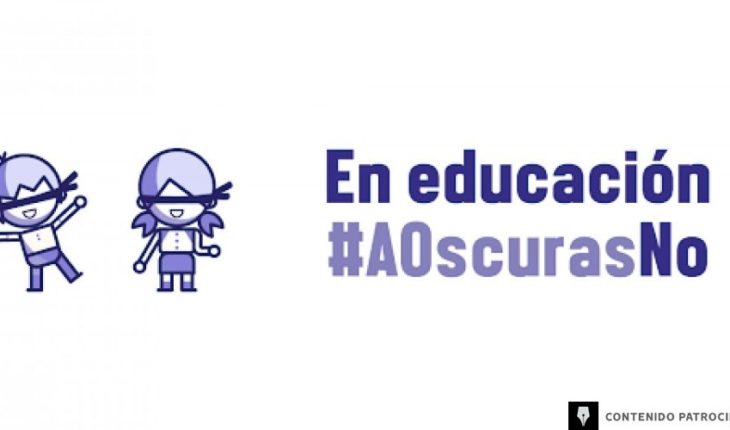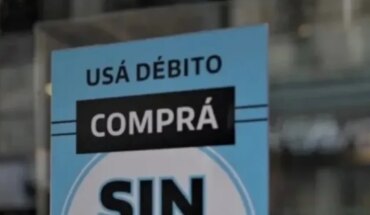the National Institute for the evaluation of education (INEE) is part of the so-called constitutional autonomous bodies (OCAs), institutions created in the last thirty years to transparent and to regulate the actions of public power, which not being subject to the traditional powers of the State (Executive, legislative and Judicial) acting with independence in their decisions and organizational structure.
Since 2002, the INEE has fulfilled an important technical role to produce relevant information on the national education system, as well as give recommendations based on evidence to guide decision making to ensure the right to quality of the education and its fairness. Also, since the Institute is autonomous (in 2013), has carried out a regulatory function in respect of educational evaluation and coordination of the national system of educational evaluation (SNEE), thus, in conjunction with federal and State educational authorities It has guaranteed the quality and the continuous improvement of the educational services offered in Mexico.
The Institute has always been guided by five substantive principles: 1) all functions carried out are to improve the quality of education; (2) the pursuit of equity, taking into consideration the contexts in which develop the educational processes; (3) justice and respect for the rights of persons; ((4) recognition, assessment and attention to diversity, and 5) the promotion of the participation and the development of processes of dialogue with educational and social actors.
Functions that has made the INEE have been aimed at guaranteeing the right to a quality education for all, which not only has been recognized this constitutional right, but it has become effective. And, like all the geese, the INEE has always made systematic exercises to rethink, rebuild and defend constitutional systems.
The human rights-based approach to education is based on the premise that there are, on the one handholders rights people who have capacity for enjoyment and exercise of the same; and, on the other institutions holders obligations whose primary duty is to promote, respect, protect and guarantee the realization of these rights. In this sense, the children and young people are the main holders of the right to education; While the Mexican State institutions are bonds, which should make respect and ensure compliance with this law.
Corresponds to the INEE, give conceptual and operational accuracy of the right to quality education for all, and evidence define the degree that keeps the fulfilment of that rightas well as to account for the level of compliance of the obligation which guarantees that right by the State.
In this way, the INEE acted as one of the guarantors of the right to education of quality in Mexico. Although it is not a unique body (as there are similar institutions in Latin America) Yes it is unique in the degree of autonomy that has to ensure the best interests of the child. Therefore, in collaboration with all the powers of the State, the INEE will continue with its mission of guarantor of the quality in education, contributing to the processes of improvement, remaining faithful to the commitment to work for children and young people and the overcoming of the backlog education of the country.
translated from Spanish: The INEE, autonomy and the right to a quality education
January 30, 2019 |





